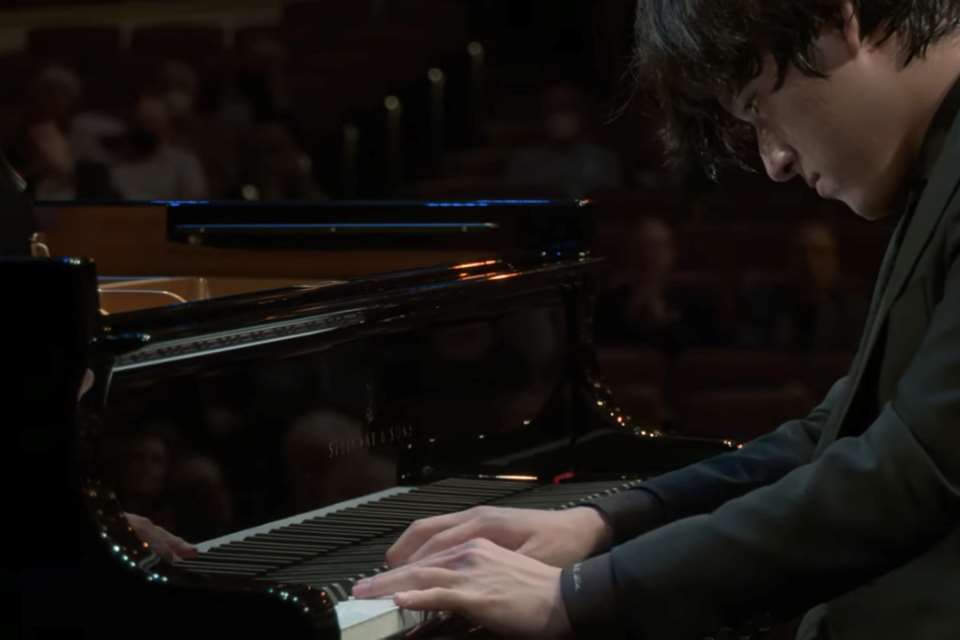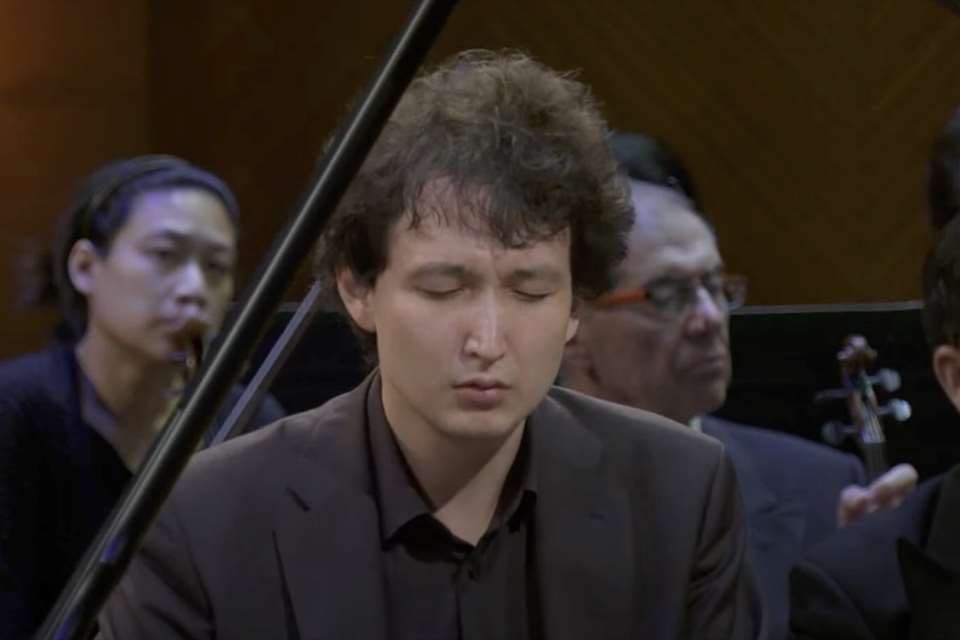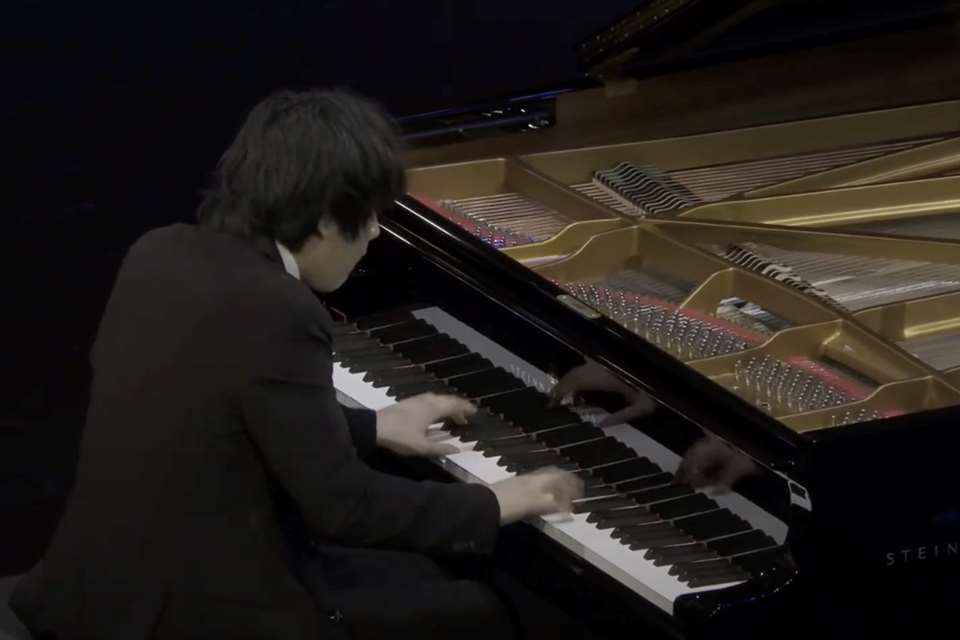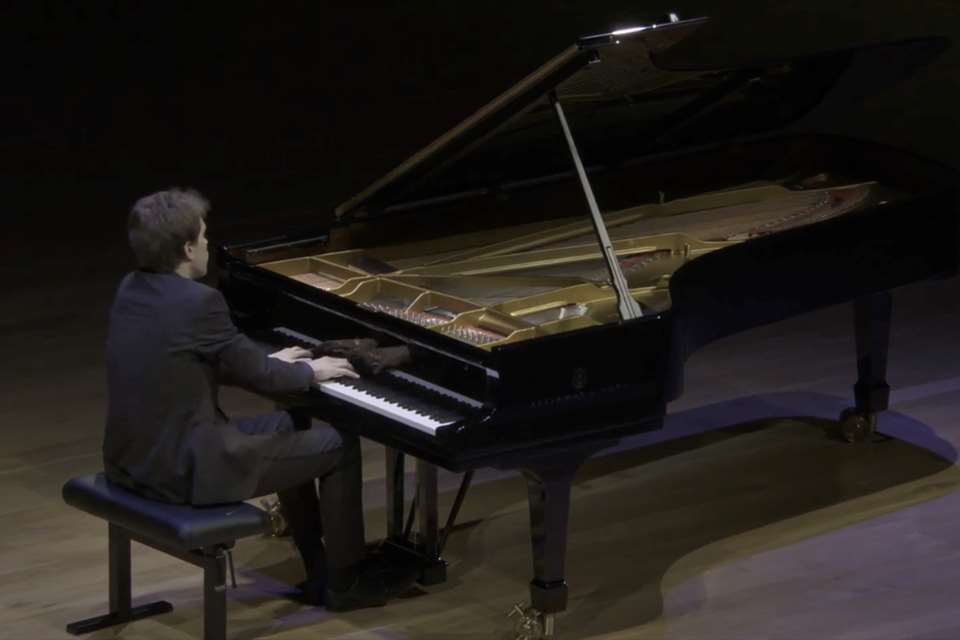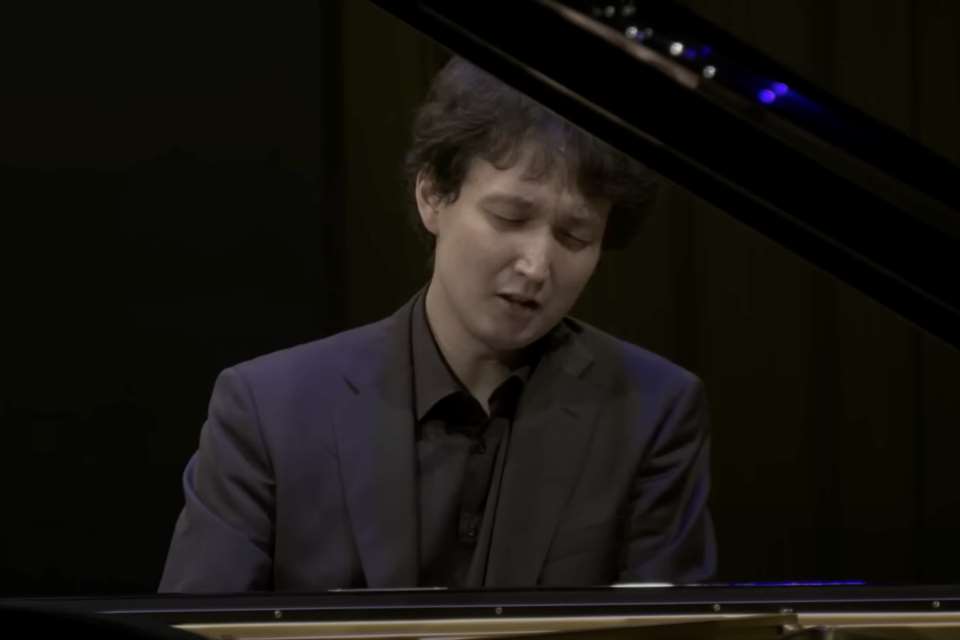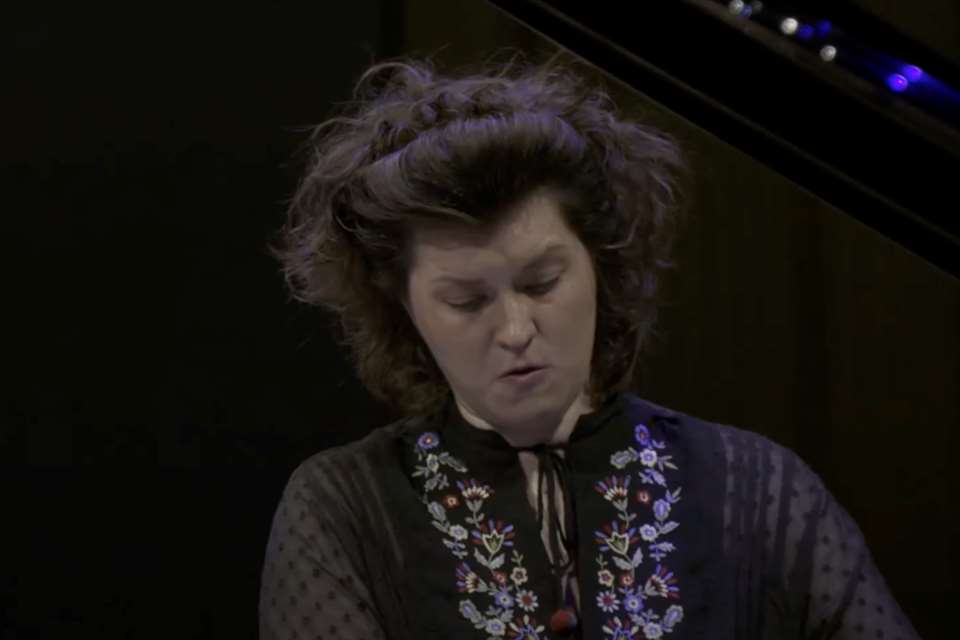Jed Distler's Cliburn Blog No 11: Saturday at the Semis
Monday, June 13, 2022
Our expert's insights on the latest recital rounds and Mozart concertos
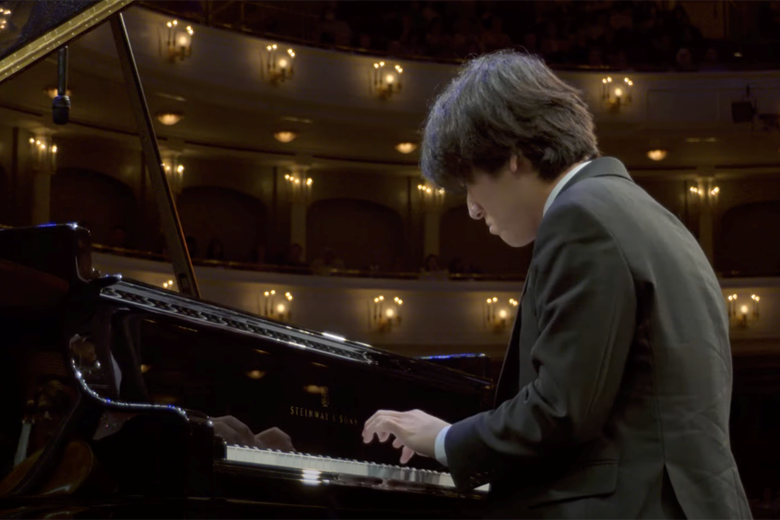
Honggi Kim opened his Semi Final round recital this afternoon with Rachmaninov’s Op 23 Preludes. His playing hit and missed. In the famous G Minor No 5, for example, I was bothered by the pianist’s choppy phrasing throughout, and how he whipped up of the tempo when the main theme came back. Yet the middle section sang out beautifully, with inner voices soaring to the fore. The swirling C Minor Prelude veered between delicacy and crude banging, while the A-flat Major’s cascading filigree was dry as dust. Kim’s literal and nearly metronomic D Major made nothing of Rachmaninov’s gorgeous textural interweaving. Yet the opposite was true concerning the E-flat Minor’s billowy right hand double notes and beautifully shaded left-hand countermelodies.
While no professional level pianist can ruin John Adams’ China Gates, the syncopated phrases somehow didn’t lock in or ‘swing’ in Kim’s hands, nor did the kaleidoscopic shifts in harmony leave me breathless. For his grand finale, Kim delivered a knockout Barber Sonata, gaunt, business-like and awesomely delineated in every movement, particularly in the dazzling concluding fugue. One might have wished for more lyrical repose all around, a Scherzo with better cross-rhythmic definition, and a weightier Passacaglia. These qualities abound in a frequently underestimated yet quite marvelous studio recording by none other than Van Cliburn himself.
I bestow my unique combined award for most unhackneyed program building and consistently satisfying performances onto Marcel Tadokoro. He’s a true universalist, comfortable in a wide range of styles, and a musician whose mind and fingers work in seamless tandem. An alluring Rameau Le Rappel des Oiseaux led into the most ethereal and poetic performances of Scirabin’s three Op 65 Etudes imaginable, highlighted by a smooth as silk ‘Etude in ninths’. Rachmaninov’s Corelli Variations were patrician and powerful at the same time. Who’d think that Debussy’s Nocturne would make an effective entr’acte before the set’s pièce de resistance.
Last year I praised Tadorkoro’s Montréal Concours Semi Final round Brahms Paganini Variations for assiduous and unified tempo relationships, and proactive, shapely left-hand work. His interpretation continues to evolve with even more ear-catching felicities of timing, articulation and voicing. What is more, these details are about illuminating the score rather than glorifying the pianist. Such interpretive sophistication doesn’t grow on trees.
Tonight’s Semi Finals Mozart Concerto Round got off to a slightly regimented start, as if Clayton Stephenson was determined not to put a wrong note forward in the C Major K 467’s first movement. He eventually relaxed, and his phrases started to move over the bar lines and flow like oil. I didn’t recognize the cadenza: was it Stephenson’s own? Unlike most pianists these days, Stephenson didn’t preface his third movement entrance with an improvised flourish, but his rippling fingers towed a line between playful assertion and discreet support.
Changyong Shin’s D Minor K 466 slow movement stood out for vocally informed eloquence and warm fluidity, notwithstanding a cruelly exposed flub at the climax: such is the price of passion. Here his sonority opened up as it did not in the outer movements, compared to Ilya Shmukler’s superior presence and projection in the same music.
However, Yunchan Lim’s vibrantly characterized and communicative E-flat K 482 stood head and shoulders above all of this year’s Semi Final Mozart Concerto performances. The pianist invested each note and phrase with meaning, expression and specificity. Everything he touched sounded as natural as breathing, without any contrivance or mannerism, and no dead spots whatsoever. What is more, Lim understands Mozart’s dramatic side, and he’s not afraid to play loudly when required. Nicholas McGegan and the Fort Worth musicians rose to the occasion as equal partners, with the first desk woodwinds on mellifluous form, and the tutti passages truly resonating and filling the room.
In terms of repertoire, the Mozart Concerto Semi Finals rounds wound up rather skewed. While six candidates each offered a different concerto, the other six all opted for the D Minor. I would have expected other popular favorites to turn up, like the A Major K 488, C Minor K 491 and G Major K 453. Will less played yet comparably demanding masterpieces such as the D Major K 451 and B-flat Major K 456 figure in the next Cliburn? Don’t bet on it.
To watch more videos of the performances discussed above, visit the Cliburn International Piano Competition website: cliburn.org
Gramophone is a Media Partner of The Cliburn International Piano Competition




